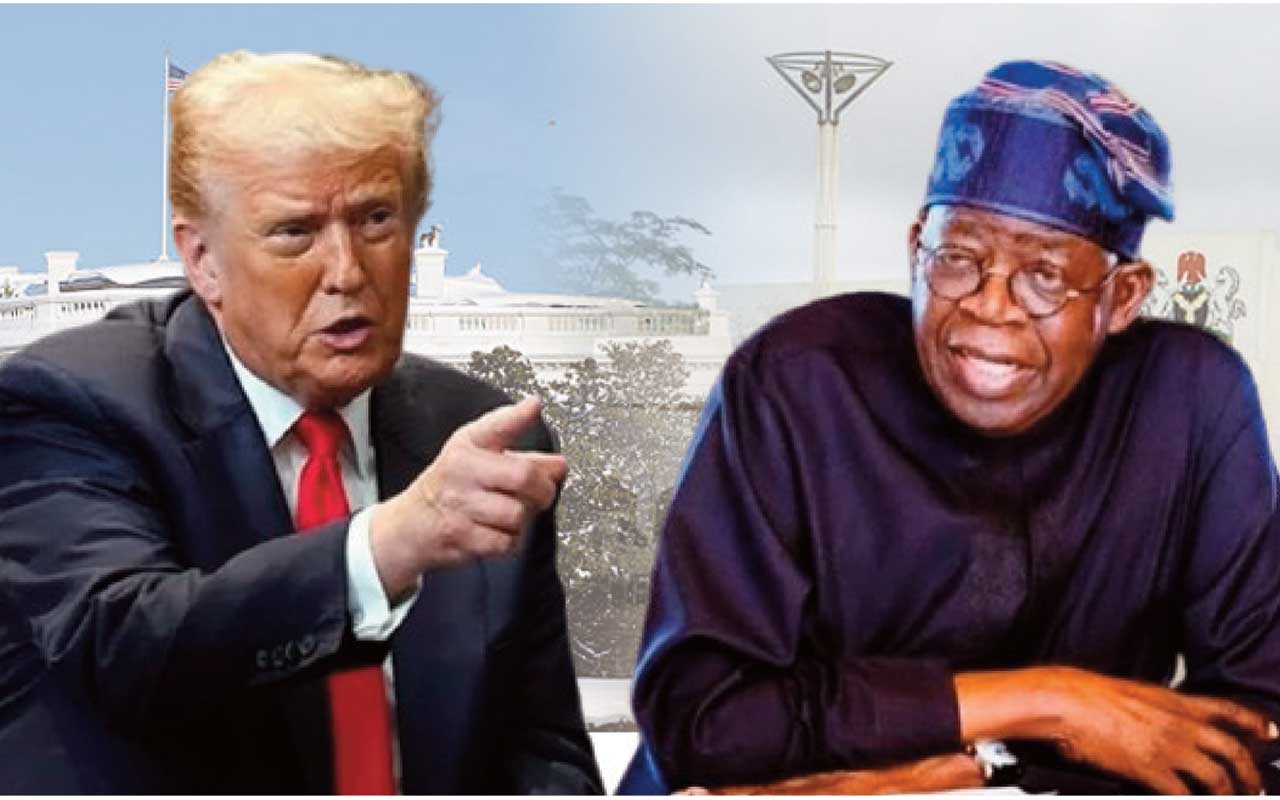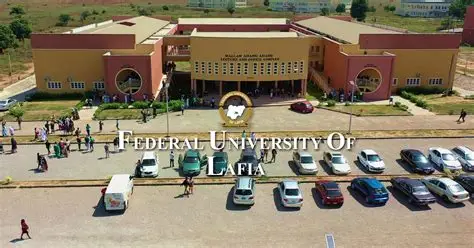The Unified Nigeria Youth Forum (UNYF) has urged the Federal Government to prioritise the monetisation of idle public assets over continued borrowing.
The forum warned that excessive reliance on debt is weakening Nigeria’s economic foundations.
While criticising the Federal Government’s fresh request to borrow a staggering $24 billion, the group described the move as economically reckless and morally unjustifiable, especially in a country where millions of citizens continue to endure hunger, poverty, and deprivation.
National President of UNYF, Comrade Toriah Olajide Filani, in a statement on Thursday, compared the loan amount to the estimated net worth of Africa’s richest man, Alhaji Aliko Dangote, which is believed to be between $24 billion and $25 billion.
Filani noted that the amount the Nigerian government is seeking to borrow in a single move is roughly equivalent to the entire wealth accumulated by Dangote over decades of hard work, strategic investment, and industrial expansion.
He argued that such an enormous sum, if approved, would most likely be squandered on material indulgences such as luxury vehicles, opulent houses, and bloated administrative expenditures, rather than being invested in meaningful development projects.
Stating glaring contradictions in government priorities, Filani lamented, “You cannot be borrowing and at the same time buying a $150 million private jet. You cannot be borrowing and at the same time living large.”
He cited recent government expenditures as evidence of fiscal irresponsibility, referencing reports that senators and House of Representatives members each received vehicles reportedly worth N160 million, while N90 billion was allocated to subsidise the hajj pilgrimage, and N21 billion was spent on renovating the Vice President’s residence. He also pointed to the presidential car fleet reportedly valued at N980 million.
“In a country where these kinds of expenditures are normalised, it’s obvious what borrowed money will be used for — no matter the narrative, they will always have an explanation to cover their corruption,” he said.
Filani called on the government to provide tracking identification numbers for all publicly funded projects to allow citizens to monitor implementation and spending phases, stressing that transparency is essential if the government expects public support for any future loans.
He questioned the logic and morality of plunging the nation into deeper debt while millions of Nigerians continue to suffer from hunger, lack of healthcare, poor access to education, and the absence of basic amenities.
According to the UNYF, these harsh realities persist despite Nigeria’s abundant natural resources and vast untapped economic potential.
The group urged the government to prioritise internally generated revenue over foreign borrowing, stressing the importance of monetising idle public assets and optimising the use of the country’s arable land.
Describing the borrowing plan as a betrayal of earlier promises to cut the cost of governance, Filani pointed to inconsistencies in the government’s stance.
He said: “While publicly endorsing the Oronsaye Report, which recommends the streamlining of ministries, departments, and agencies, the government continues to pursue loans that could destabilise the economy.
“Several government properties, particularly in Abuja, Lagos, and other key cities, were cited as examples of underutilised assets. These include the Federal Secretariat Complex in Abuja and the uncompleted National Library project.” Filani maintained that these assets could generate significant revenue if transparently leased or sold.
The group also emphasised the urgent need for investment in agriculture.
With over 30 million hectares of arable land across states like Niger, Taraba, Benue, Kaduna, and Nasarawa, Nigeria, Filani argued, has the potential to become a global leader in food production, job creation, and agricultural exports.
On reforms, Filani renewed his call for full implementation of the Oronsaye Report, which proposes reducing federal agencies from 541 to 161.
He noted that such reform could save the country over one trillion naira annually. Delaying these changes while accumulating more debt, he warned, sends a dangerous message about the priorities of those in power.






